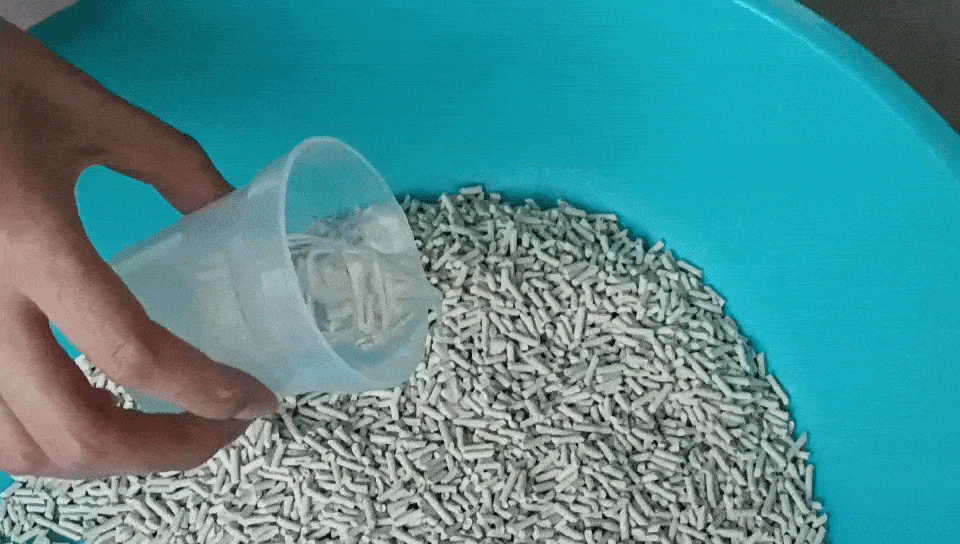Racoon Pet Care Guide: Keeping Your Furry Friend Healthy and Happy
Guide or Summary:IntroductionUnderstanding Raccoons as PetsChoosing the Right RaccoonCreating a Safe EnvironmentNutrition and DietExercise and EnrichmentHea……
Guide or Summary:
- Introduction
- Understanding Raccoons as Pets
- Choosing the Right Raccoon
- Creating a Safe Environment
- Nutrition and Diet
- Exercise and Enrichment
- Health Care and Vet Visits
- Training and Behavior
Introduction
Welcome to the Racoon Pet Care Guide, your ultimate resource for ensuring the health and happiness of your furry friend. Whether you're a seasoned raccoon owner or considering adopting one, this comprehensive guide will provide you with essential information to care for your raccoon companion.
Understanding Raccoons as Pets
Raccoons, with their curious nature and distinctive bandit-like masks, make fascinating pets. However, owning a raccoon requires a unique understanding of their needs and a commitment to providing a stimulating and enriching environment.

Choosing the Right Raccoon
Selecting a raccoon involves careful consideration. It's crucial to adopt from a reputable breeder or rescue organization, ensuring the raccoon has been raised in a loving environment. Consider factors such as the raccoon's age, health, and temperament to ensure compatibility with your lifestyle and home environment.
Creating a Safe Environment
Raccoons thrive in a secure and stimulating environment. A spacious enclosure with plenty of climbing opportunities, hiding places, and toys is essential. Ensure the enclosure is safe from potential hazards, such as sharp objects or toxic substances, to prevent accidents.
Nutrition and Diet
A balanced and nutritious diet is vital for your raccoon's health. Raccoons require a mix of commercial raccoon food, fresh fruits, vegetables, and occasional treats. Avoid feeding human food, as many human foods are toxic to raccoons. Consult with a veterinarian to determine the appropriate diet for your raccoon's specific needs.

Exercise and Enrichment
Raccoons are active animals that require regular exercise and mental stimulation. Encourage physical activity through playtime and supervised outdoor walks. Provide puzzle toys, foraging opportunities, and interactive play sessions to keep your raccoon mentally engaged.
Health Care and Vet Visits
Regular veterinary check-ups are crucial for your raccoon's health. Raccoons are susceptible to various health issues, including digestive problems, respiratory infections, and dental issues. Early detection and prompt treatment are vital for maintaining your raccoon's well-being.
Training and Behavior
Training your raccoon involves patience and consistency. Positive reinforcement techniques, such as treats and praise, are effective in teaching basic commands and behaviors. Establish clear boundaries and routines to ensure your raccoon feels secure and well-behaved.

Owning a raccoon as a pet can be a rewarding experience, but it requires careful consideration and a commitment to providing a loving and enriching environment. By following the guidelines outlined in this Racoon Pet Care Guide, you can ensure your furry friend's health and happiness for years to come. Remember, a happy raccoon makes for a happy owner, so take the time to provide the care and attention your raccoon deserves.